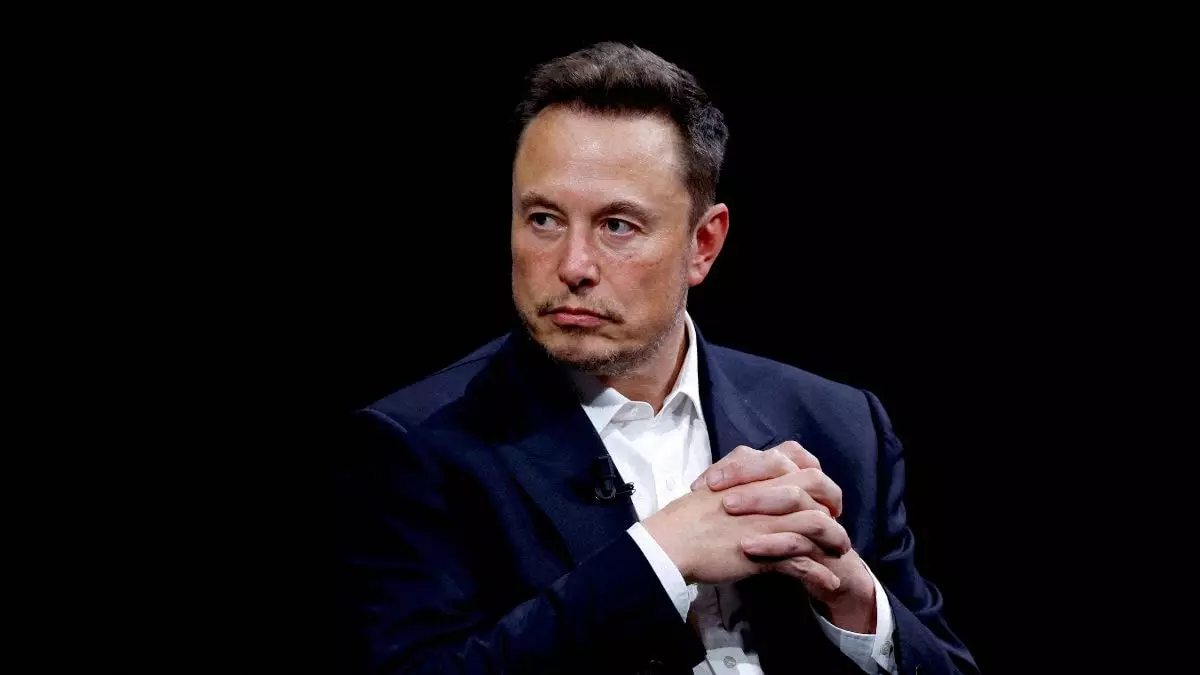Elon Musk, the billionaire entrepreneur known for his groundbreaking ventures in technology and space exploration, has turned his attention to the intersection of artificial intelligence (AI) and gaming. In a recent announcement on X (previously Twitter), Musk declared plans to establish an AI-focused game studio under his startup, xAI. His move signifies an effort to break away from the prevailing trends in the gaming industry, which he perceives as dominated by massive corporations that often stifle creativity and innovation. This ambition reflects Musk’s broader vision of leveraging AI not just to enhance various sectors but also to reshape cultural aspects such as entertainment.
The gaming landscape has become increasingly consolidated over the years, with major corporations acquiring small studios, often leading to concerns about creative freedom within the industry. Musk’s comment about the excessive corporate ownership of game studios resonates with the frustrations many developers and gamers express about the loss of distinctiveness and originality in video games. His response to software engineer Billy Markus, who criticized the industry’s lack of independence, underscores his commitment to rekindling the spirit of originality in gaming through xAI. Musk’s remark on aiming to “make games great again” hints at a desire to recapture the essence of game development, which has often relied heavily on grassroots innovation.
The integration of AI technology into gaming paradigms represents a frontier that is ripe with potential. Already, companies like Google DeepMind are pioneering exciting advancements, such as the Genie model, capable of crafting limitless 2D platformer video games. This innovative approach not only streamlines game creation but also opens avenues for generating unique narratives and experiences, tailored to player preferences. Musk’s venture into this area with xAI could usher in a new directive where AI not only enhances gameplay but also empowers independent developers to explore new creative dimensions unhindered by corporate constraints.
Musk’s announcement comes at a time when significant acquisitions in the gaming industry are making headlines. The impending acquisition of Kadokawa by Sony and Microsoft’s substantial purchase of Activision Blizzard have reignited debates about the nature of control in game development. As these mega-deals unfold, the fear is that the individual voices of developers may become increasingly muffled under the massive weight of corporate interests. Musk’s plan to establish an independent studio powered by AI could provide an antidote to this trend, possibly offering a framework for independent developers to flourish in a competitive market.
Looking ahead, Musk’s ambitions with xAI reflect a strategic pivot that intertwines technological innovation with creative exploration. The development of a standalone AI application, akin to ChatGPT, signifies not only Musk’s intent to expand his AI endeavors but to potentially disrupt how games are developed and experienced. If successful, this venture could establish xAI as a significant player in the gaming sector, challenging traditional modalities and fostering an environment where creativity reigns supreme. Musk’s foray into AI gaming could inspire a renaissance in video game culture, emphasizing artistic integrity while leveraging advanced technologies. The outcome of this undertaking remains to be seen, but it undoubtedly marks an exciting chapter in the evolution of the gaming industry.

